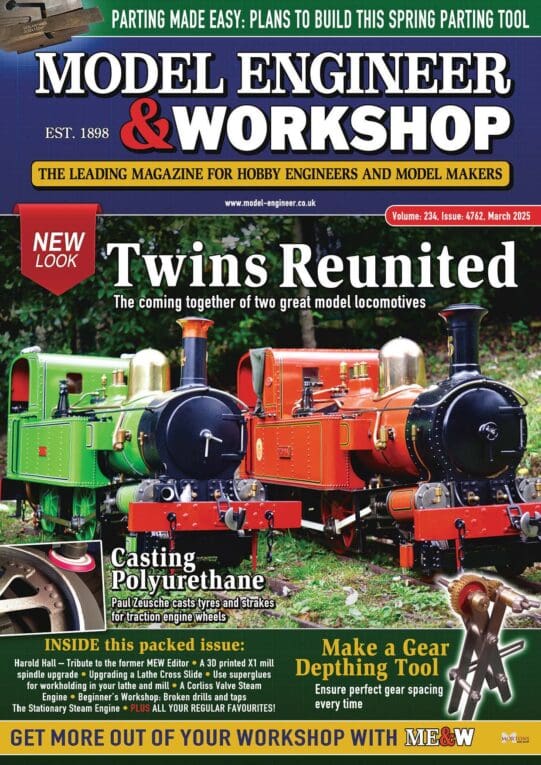Don't let me put you off Phil, but it takes a long time to remove metal by scraping as needed to restore a badly worn machine. For example, lathe beds tend to wear badly close to the chuck where the saddle spends most of its time make it necessary to remove a lot of unworn metal to restore flatness. Unlikely to pay off unless scraping is to be your main hobby! There's also an alternative technique for putting worn surfaces back with goo,
Scraping as a way of producing an original flat surface is rarely done today. Instead laboratory flat surfaces are produced by grinding, or perhaps a plane. The machines are laser guided and capable of producing highly accurate surfaces with minimal labour. Surface plates, starting at about £60 are cheaper than the tables needed to support them, and I feel there's not much point in a home workshop going the full Monty on a plate unless the same effort is put into supporting it correctly! Home workshops are full of dinged, out of tolerance, bent surface plates, well out of tolerance by professional standards but good enough for ordinary use. Float glass plate was once recommended as a cheap substitute.
Scraping has two main purposes today, one of them dishonest! Scraping being associated with quality, scrape marks are often added to create the illusion a piece of equipment is better than it actually is. (Same was done in the past,) More usefully, scraping is often added to provide a key to hold oil and improve lubrication. Neither of these two forms of scraping improve flatness.
Where scraping is useful for repair work is on worn plain bearings, especially if they've suffered a lube failure. Plenty of machines have roller bearings, which are just replaced.
There's always a balance between getting on with the job by flashing cash and saving money by DIY. Though I see the attraction I've decided scraping isn't worth my time. Would a renovator comment please; how much scraping is done during a typical rebuild? I get the impression time-consuming bulk flattening is usually outsourced to a professional grinding company, so the renovator can concentrate on the the machine's other needs. I may be wrong!
Dave
Kiwi Bloke.






